MUSIC COMPOSITION FOR GAMES
TUESDAYS & THURSDAYS
6 PM GMT
20 MAY 2025 - 26 JUN 2025
DURATION:
6 WEEKS
TUESDAYS & THURSDAYS
6 PM GMT
Create strong, recognizable musical motifs that enhance the game's identity and resonate with players through emotional storytelling.
Learn from the BAFTA-winning composer Jason Graves, renowned for his innovative approach to orchestration and cinematic narratives for games including Call of Duty: Warzone2, The Dark Pictures Anthology, Moss, Tomb Raider, Far Cry Primal, Until Dawn, and Dead Space.
THIS COURSE IS FOR YOU, IF...
-
YOU ARE A MUSICIAN, COMPOSER, OR PRODUCER ASPIRING TO WORK WITH GAMES
The course is perfect for composers at any stage. Whether you're interested in learning advanced techniques, looking to break into game music, or seeking structured learning, this course covers it all. You’ll begin to build a professional portfolio and be one step closer to turning your passion into a career.
-
YOU ARE A GAME PROFESSIONAL WITH MUSIC INTEREST
For sound designers or game devs out there – develop composition skills, learn to seamlessly integrate music with sound design, and receive formal training tailored specifically to game development. You’ll grasp the role of music in gaming and gain practical experience in composing for games.
-
YOU ARE A PRACTICING MUSICIAN LOOKING TO UPSKILL
This course is a great fit for experienced musicians. Gain advanced techniques in interactive music for games while mastering the business side of networking and publicity. Connect with industry professionals and upgrade your knowledge, ensuring you stay at the forefront of the field.
Music in video games adapts in real-time to player's actions.
This approach ensures that every player's experience is unique, making the game's atmosphere and emotional impact deeply personal. And you can learn how to craft these immersive soundscapes.
Master a variety of specialized skills not covered in traditional music schools.
Stay current with the latest techniques and software in our LIVE online course, where you'll learn from a professional, full-time working composer. Gain hands-on experience with real-world scenarios and get personal guidance in Q&A sessions.
Master cue composition, thematic writing, and live recording. Gain essential skills in music documentation, recording prep, budget planning, and handling feedback.
Learn how to pitch demos, build a standout portfolio, and navigate digital vs. physical media distribution. Plus, gain insights on networking with game developers, composers, and musicians to boost your career.
Explore different music genres, interactive stems, and game-matched music stingers. Create compelling soundtracks, from main themes to level music, and learn to sync your compositions seamlessly with gameplay.
After finishing our course, you'll get special discounts on essential tools for musicians and composers. Just show your course certificate or proof of completion. You’ll receive a PDF with all the details, including vendors, tools, discounts, and how to claim them.
Educational discounts secured by Jason Graves
JASON GRAVES
Portfolio- Two-time British Academy Award-winning composer/producer with thirty-seven Game Audio Network Guild award nominations and five wins
- Renowned for his unique textural concept scores and groundbreaking orchestration
- Trained under iconic film composers Jerry Goldsmith, Elmer Bernstein, and Christopher Young, earning a degree from USC's prestigious film scoring program
- Conducted and recorded live orchestral scores at renowned studios including Abbey Road, AIR, Capitol Records, FOX, Sony, Paramount Pictures, Skywalker Sound, and Ocean Way
- Worked on over 150 games, including major titles like No Rest For The Wicked, Still Wakes The Deep, Call of Duty: Warzone 2.0, The Dark Pictures Anthology, Moss I & II, Tomb Raider series, Far Cry Primal, and Dead Space trilogy
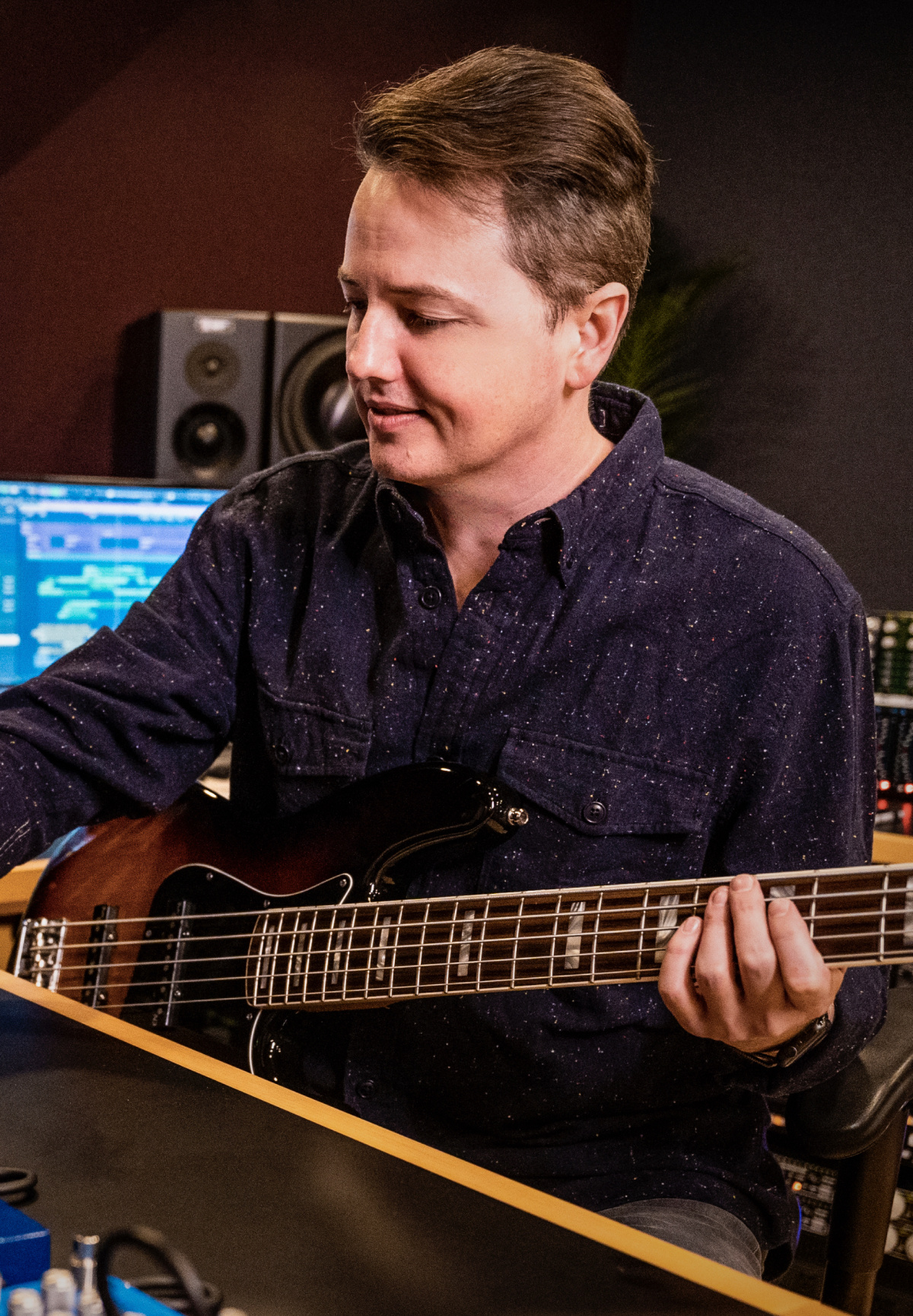
COURSE INTRODUCTION
- Instructor Introduction
- Course Objectives & Flow
- Q & A
The journey begins! Your first session will give you a broad overview of music composition for games, its role, and how it differs from music in TV and film. You will also get a sneak peek into your instructor’s own journey in the industry.
- Game music composition overview
- The role of music in video games
- Differences between game music and traditional music
- 8-bit music, trackers, chiptunes, and general MIDI
- A brief history of Jason’s 25+ years in games
- Examples of iconic game soundtracks
Get a hands-on demonstration of the tools and techniques for producing a professional, world-class music cue. Explore orchestral libraries, drums and percussion, synths, modern sound design and more.
- Live vs MIDI, MIDI orchestra: mic positions, panning, and EQ
- Reverb for orchestral samples, drums & percussion, synths & modern sound design
- VSTs vs hardware fx (compressors, EQs, guitar pedals)
- Library & online class suggestions
- Demo: Examples from Jason’s work of MIDI vs live vs hybrid scores
- Demo: Examples from Jason’s Cubase sessions
It’s time to set the mood – learn to craft effective atmospheric music and gain practical insights with case studies on ‘Dead Space’ and ‘Modern Warfare II.’ Discover new ways to find inspiration in the tools already at your disposal.
- Recording live sounds
- Detailed mixing
- Blurring music and sound design
- Even drones should be interesting
- Keeping things sounding fresh
- Case Study: The atmospheric writing of Dead Space and Modern Warfare II
Assignment #1: Atmospheric Cue
Compose a 1:00 atmospheric cue in one of three predetermined styles.
The most important step to a successful career is having a strong foundation. Discover the building blocks to establish yourself as a professional composer and an understanding of how to get into the industry.
- Building a portfolio, playing to your strengths, creating an online profile
- Paths into games, freelance vs in-house
- Networking with game devs, composers, and musicians
- Agent/Attorney vs Publicist vs Manager
- Case Study: Overview and history of Jason’s team (music prep, contractor, publicist, agent, assistant, etc)
- Guest Speaker: Current team member or fellow game composer
Now, to writing! Explore the components of good theme construction, such as writing singable hooks, harmony, rhythm, meter, and more. This will lead to your second assignment – writing your own theme.
- Writing a singable hook
- Melodic vs textural vs harmonic themes
- Using melody vs harmony as a starting point
- Rhythm & meter, harmonic rhythm
- Balancing familiarity with forward motion
- Case Study: The thematic writing of No Rest For The Wicked
Assignment #2: Theme Composition
Students compose a 1:00 theme in one of three predetermined styles.
So, you got the job – what now? Games are incredibly detailed-oriented. Learn all about the planning, budgeting, and creativity that goes into crafting an original score, with practical, real-world examples.
- Planning music minutes (midi vs live) & planning a music budget
- Project fees, creative vs recording fees, contracts
- Figuring out the score ‘sound’ & style guides, emotional storytelling, temp tracks
- Differences in game music vs other media
- Creating a master music doc, CueDB, etc.
- Demo: Jason’s current/recent music docs, scores, and planning sessions
Explore the technical aspects of recording with solo musicians, and get an inside look into this process with a very special guest speaker. Then put this new knowledge into practice with your next assignment.
- Recording remotely with soloists
- Prepping parts, delivery specs, proper information
- Tracking musicians’ time and staying on budget
- Demo: 2-3 examples from Jason’s work incorporating different musicians
- Guest Speaker: Live musician
Assignment #3: Composing for Soloist
Compose cue with a featured soloist in one of three predetermined styles, and export all files for live recording.
Learn essential communication skills, from pitching a demo to interfacing with game developers. By the end of this class, you will have the tools necessary for your first assignment - composing a demo pitch.
- Game publishers vs. developers
- Demo pitching
- Communicating with game developers
- NDAs
- Learning from your losses
- Demo: Examples from Jason’s previous pitches
Assignment #4: Demo Pitch
Based on the examples shown in class, students work on a demo pitch (choosing one of three options).
Take a deep dive into game-specific terminology for interactive music, broken down into five key sections. Examples are taken from Jason’s previous games such as ‘No Rest for the Wicked,’ ‘Tomb Raider,’ and ‘Still Wakes The Deep.’
- Explore
- Combat (standard vs. boss)
- Stingers
- Menus
- Cinematics
- Demo: 2-3 cues from each category of Jason’s previous work, possibly built from stems for specific deconstruction per cue
Every game score is custom-tailored for its specific game engine. Gain a deeper understanding of the detailed world of music implementation, demonstrated with interactive Cubase sessions from Jason’s previous work.
- Cue length and cross-pollinating cues for additional combinations
- Number of stems & interactive system planning
- Interactive layers vs non-looping cells
- Checkerboarding
- Overview of third party options
- Demo: 2-3 of Jason’s interactive Cubase sessions
- Demo: 2-3 folders of final stem deliveries from recent projects
You’re on the final stretch! Learn about submitting your work to the developer, demonstrating your interactive music and handling feedback. Now, it’s time for your final course project.
- Stems, mixes, and naming conventions
- Vertical slices
- “Faking” interactive music for demonstrations
- Dealing with feedback and iterations
- Composing additional stems for approved cues
- Case Study: Interactive Cubase session from Still Wakes The Deep
Assignment #5: Course Project
Create a suite of music for a specific genre in one of three predetermined styles, synced to video. Research existing games within the genre, analyze their soundtracks, and apply similar techniques. The final project will include a main theme, level music, and event-specific cues.
The game is complete, but your work doesn’t end there. In this final class, explore OST releases and the importance of publicity. It’s time for the world to hear your captivating compositions!
- Professional vs. “homemade” mastering
- Mixing and mastering for an OST release vs in-game
- Choosing a PRO
- Digital vs physical media distribution, self-publishing vs using a label
- Hiring a publicist: per project vs on retainer
- Interviews & track previews, publicity on launch day
What our students say

"It was such a great experience, well worth the course fee which I invested personally - I've learnt so much and feel much more confident in my role.."

"The course at ELVTR was a great investment in my career. The materials are top-notch, and the instructors provided excellent support."
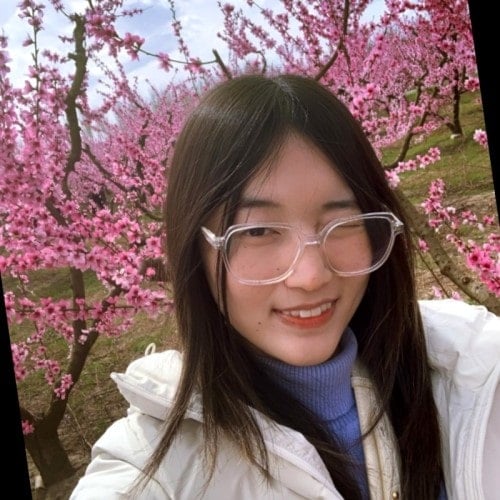
"The knowledge. The teacher is very experienced. He is able to answer our questions in depth, and takes the time to do so."
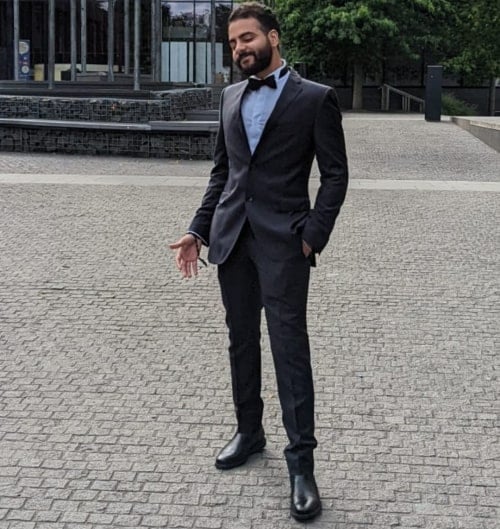
"The course was very helpful in helping me expand my design toolkits by gaining a wealth of new knowledge and inside expertise to stay at the forefront in an age of rapidly developing technological and software advancements."


